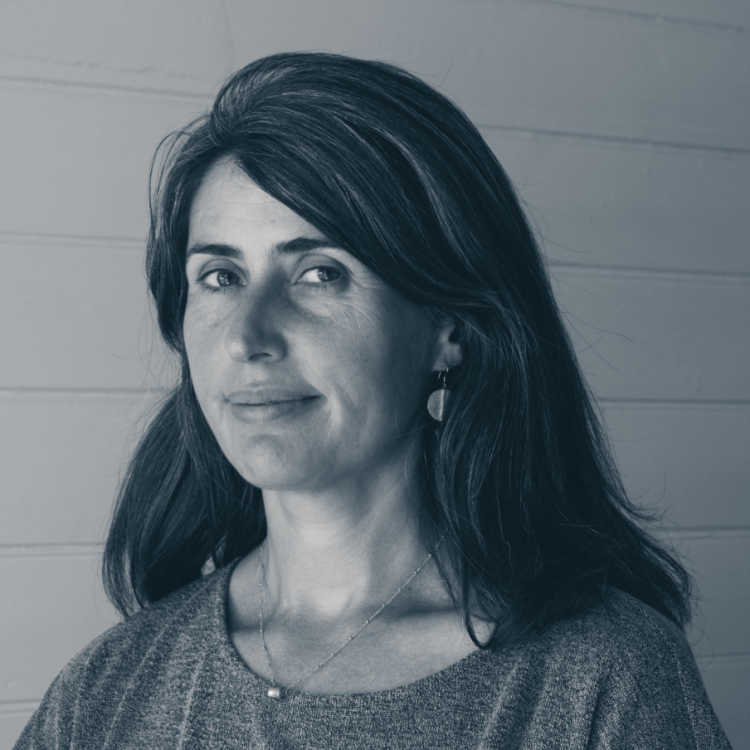- Home
- Research & Transfer
- Research Projects
- Syria’s “Post-war” Landscape
Syria’s “Post-war” Landscape
The architecture of “post-conflict” Syria is intrinsically linked to war dynamics, making it far from a tabula rasa but replete with a range of competing forms of authority. This project investigates the changing nature of the Syrian state and its interactions with non-state actors such as militia leaders, economic elites, tribal leaders, international organisations and investors. It focuses on three topics: local security providers and governance; legal identity; housing, land and property rights.
Fritz Thyssen Foundation, 2020-2022
Head
Research Questions
(2) The creation and ramifications of legal identity by non-state actors.
(3) Legal systems, particularly HLP rights, and international reconstruction efforts.
Contribution to International Research
Overt violence in Syria is slowly grinding to a formidable end. However, this new “post-war” phase in the Syrian conflict now offers an opportunity to reflect on preceding events and translate relatively new ways of conceptualising the state to the specific case study of Syria. In doing so, broad findings from the project can potentially be applied to other post-conflict environments in the Middle East and beyond that will help academics, policy makers and practitioners better understand who are power-brokers, the ramifications of external engagement with authoritarian regimes and better think through relationships between different state and non-state actors, society and economic mechanisms.
Research Design and Methods
The first sub-component of this project will investigate the role these new “outposts of the state” play in governing the lives of people living in the areas they effectively control. In doing so, it simultaneously raises the question of how the Syrian regime and these new loci of power interact and interface.
The purpose of the second sub-component is to add to existing scholarship on legal identity and rebel governance by questioning how non-state actors in Syria are going about establishing legal identity; what non-state issued documents this results in; and, the interplay between Syrian state and non-state based documentation systems.
The third sub-component of this research project looks more deeply at how the rule of law has been used in Syria to deliberately and permanently reconfigure property and citizenship rights as a way for the state to secure itself.
Preliminary Findings
The Syrian regime has been configured like a tornado that pulls all other forms of authority and governance towards it, in the process co-opting, swallowing and emptying them of much of their original meaning. In this asphyxiating environment, many more local and indigenous sites of pre-regime authority either lay dormant, were subsumed by the tornado or (if they proved too great a threat to the regime) were violently eliminated. However, in order to survive the war, the Syrian regime mortgaged some of its control to powerful militia leaders and business elites with the view that in the longer term it would once again be able to pull these sites of local authority back into the eye of the tornado. The most well-known of these militia groups has been the Tiger Forces, led by Airforce Intelligence Brigadier General Suheil al-Hasan and the Desert Hawks led by brothers General Mohammad and Ayman Jaber. Until recently, the Jaber’s neatly straddled the divide between regime loyalists, business elites with long-time interests in Syria’s oil deposits and private militia leaders. In 2013 they set up an armed group which acted as a security company to defend their oil trucks that essentially became more akin to a private army as the war progressed. One conflict analyst I interviewed put it this way: ‘I wouldn’t call then warlords – more somewhere between warlords and gangsters.’
(2) The creation and ramifications of legal identity by non-state actors.
In times of armed conflict life does not pause – children continue to be born, people die, marry and divorce – and these life events need to be documented. It is therefore important not just for academics but for policy-makers, conflict resolution practitioners, humanitarians and development workers to better understand how and by whom legal identity is potentially created and authority dispersed, contested and controlled in civil war environments. We know already that in rebel-controlled areas of Syria, such as Dara’a in the south and Idlib in the north where the Syrian state had been forcefully ejected, armed groups, lawyers and other members of the rebel-linked judiciary saw a need to issue life-cycle documentation to the population living in these areas. To do this, many lawyers used existing Syrian government documents but stamped onto them the Syrian Interim Government’s (the Syrian opposition’s government in exile) imprimatur.
(3) Legal systems, international reconstruction efforts and state security.
In terms of development and reconstruction, Steven Heydemann suggests that, ‘legal and regulatory frameworks provide the regime with the tools to reward supporters and punish opponents’. A raft of Presidential decrees have been enacted which relate to the permanent reappropriation of properties seized under so-called reconciliation agreements the regime has made with rebel communities. Likewise the terms of these reconciliation agreements have been used with effect to triage the population of rebel controlled areas into those the regime considers able to possess citizenship rights, and those with none.
Christian Lund has argued that ‘few things are more fundamental in social life or politics than what we have and who we are.’ Property and citizenship are the most obvious expressions of these fundamental aspects of identity. The state uses its role as gatekeeper of who is able to claim citizenship as a way to delimit who is entitled to benefit from certain rights and privileges. Consequently, citizenship and property rights are integrally related: ‘Citizenship and belonging can be avenues to secure property, and property may bolster claims of belonging and citizenship.’ However, even in the field of complex political order few authors have as yet linked these rights to reconstruction efforts post-war.
